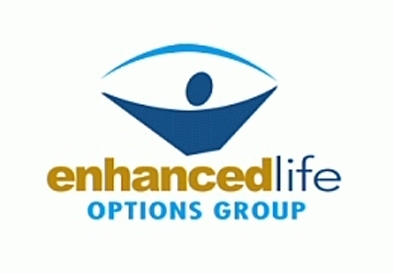Most individuals new to living with a disability have a span of time after their injury before they can get back to work. It may be a short span or a lengthy one. It can be a truly difficult and challenging time, or it can be a time of growth and exploration for whatever possibilities may exist.
Disability is a subject you may read about in the newspaper, but not think of it as something that might actually happen to you. Studies show that just over 1 in 4 of today’s 20 year-olds will become disabled in some way before reaching age 67.
If disability happens, there is one important question: how to pay the bills as you are recovering? Hopefully there is disability insurance to assist through the financial difficulties; but if not, there is access to Social Security.
There are two different types of Social Security that you will hear mentioned: Supplemental Security Income (SSI) or Social Security Disability Insurance (SSDI).
Supplemental Security Income (SSI) is a Federal income supplement program funded by general tax revenues (not Social Security taxes) that:
· Is designed to help aged, blind, and disabled people, who have little or no income; and
· Provides cash to meet basic needs for food, clothing, and shelter.
Any person struggling with disabilities after a brain injury is eligible for SSI.
Conversely, Social Security Disability Insurance (SSDI) is more restricted. The Social Security disability insurance program pays benefits to you and certain family members if you worked long enough and paid Social Security taxes. (Your adult child also may qualify for benefits on your earnings record if he or she has a disability that started before age 22.)
In both situations, the Social Security Administration will review and must agree that you have a disability. You may apply online or in person for Social Security. Go to https://www.ssa.gov/ for complete information.
Back to work After Injury: There are many resources in New Hampshire, both online and in person. First of all, talk to your rehabilitation counselors and staff. The social workers, case managers and neuro-resource facilitators can be tremendously helpful in directing and guiding you or your family member. You may wish to meet with your local office of the New Hampshire Vocational Rehabilitation whose mission is to assist eligible New Hampshire citizens with disabilities to secure suitable employment and financial and personal independence by providing rehabilitation services.
Other Options: The Ticket to Work (Ticket) program, which is a free and voluntary program that can help Social Security beneficiaries go to work, get a good job that may lead to a career, and become financially independent all while they keep their Medicare or Medicaid. Individuals who receive Social Security benefits because of a disability and are age 18 through 64 probably already qualify for the program.
For details – https://www.ssa.gov/work/
PASS Plans — Working While Disabled - A Guide To Plans For Achieving Self-Support from the Social Security Administration. This page provides an overview of what PASS plans are and how they may be helpful when returning to work.
For more details – https://www.ssa.gov/disabilityresearch/wi/pass.htm







